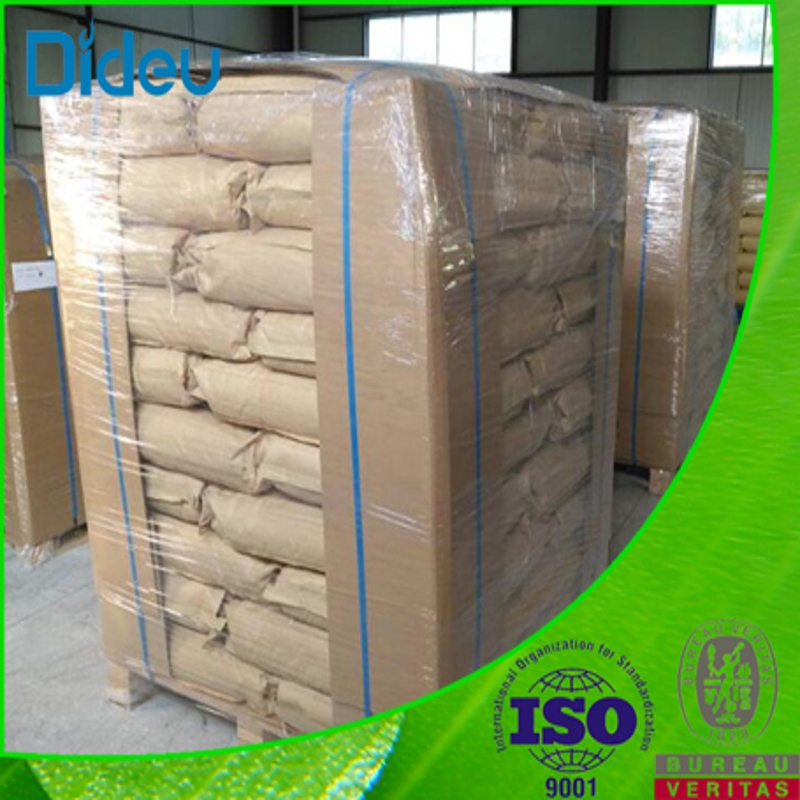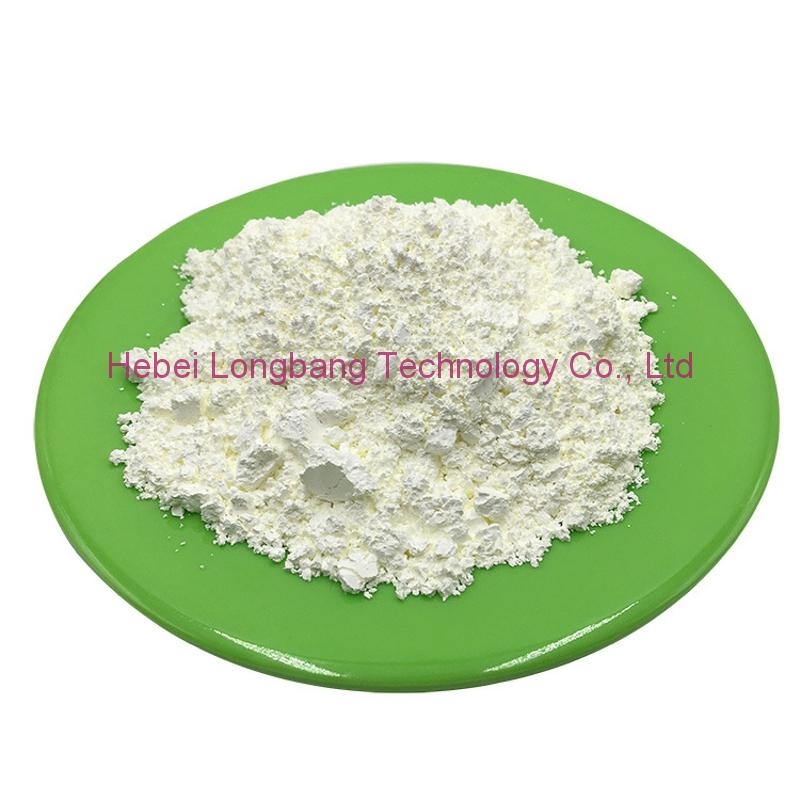-
Categories
-
Pharmaceutical Intermediates
-
Active Pharmaceutical Ingredients
-
Food Additives
- Industrial Coatings
- Agrochemicals
- Dyes and Pigments
- Surfactant
- Flavors and Fragrances
- Chemical Reagents
- Catalyst and Auxiliary
- Natural Products
- Inorganic Chemistry
-
Organic Chemistry
-
Biochemical Engineering
- Analytical Chemistry
-
Cosmetic Ingredient
- Water Treatment Chemical
-
Pharmaceutical Intermediates
Promotion
ECHEMI Mall
Wholesale
Weekly Price
Exhibition
News
-
Trade Service
Toxins (genotoxin) can damage DNA, leading to an increased
risk of colorectal cancer.
The results of the study were published in the October 28, 2022 issue of Science under the title "Commensal microbiota from patients with inflammatory bowel disease produce genotoxic metabolites.
"
In this paper, they describe the screening process
they developed.
Jens Puschhof of the German Cancer Research Center and Cynthia Sears of Johns Hopkins University School of Medicine published a view-type article titled "Microbial metabolites damage DNA" in the same journal Science, outlining the group's work
in this area.
Previous studies have shown that some bacteria present in the human gut can produce chemicals that cause an increased risk of colorectal cancer in their host
.
For example, E.
coli has been found to produce a substance called colibactin, which is associated with
an increased risk of cancer.
Such substances are commonly known as genotoxins--- and they cause problems
by damaging DNA.
In the new study, the authors noticed that few genotoxins were found and tried to find more
.
The new study involved first collecting stool samples from patients with irritable bowel syndrome (IBD), which is also associated with
an increased risk of colorectal cancer.
The authors then screened each stool sample using a method they developed to determine whether substances produced by specific types of bacteria could cause DNA damage
in the host cells they infected.
Human gut microbes isolated from IBD patients produce small molecules of genotoxins
.
Image from Science, 2022, doi:10.
1126/science.
abm3233
They found an entire family of metabolites, which they named ndolimine, produced by a bacterium known as Morganella morganii
.
Previous studies have linked Morganella to an increased risk of colorectal cancer, but until then, their genotoxins have not been identified
.
The authors also looked for a more direct link--- they injected Morganella into the guts of healthy mice, finding that doing so increased the rate
at which their tumors grew.
The authors note that their work highlights the impact
metabolites in the gut microbiome may have on cancer risk.
Puschhof and Sears point to the new study that a wide range of genotoxins may be present in the gut microbiome, suggesting that more research is needed to find them
.
Resources:
Yiyun Cao et al.
Commensal microbiota from patients with inflammatory bowel disease produce genotoxic metabolites, Science, 2022, doi:10.
1126/science.
abm3233.
Jens Puschhof et al.
Microbial metabolites damage DNA, Science, 2022, doi:10.
1126/science.
ade6952.







